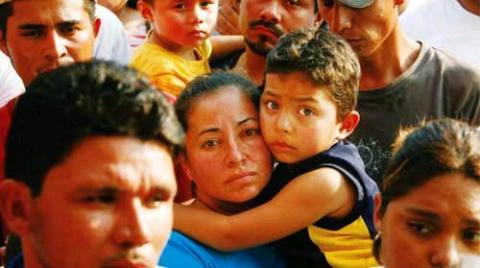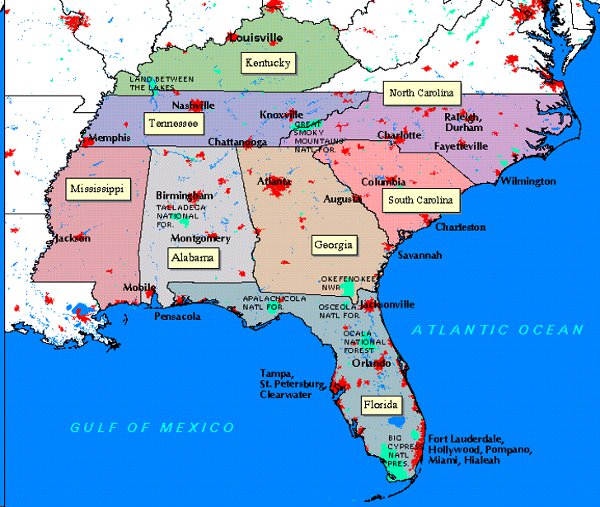Gulf Coast Politics Take a Dangerous Turn

From New America Media: In Mississippi, voters go to the polls today to decide whether the state constitution should be amended such that a human egg, at the point of fertilization, becomes a person. When combined with Alabama’s recently enacted HB 56, widely seen as the nation’s toughest anti-immigrant piece of legislation, the result is a uniquely bad situation for migrant women.
“It would criminalize women, put their health in danger and outlaw many forms of birth control,” said Derrick Johnson, state president for the Mississippi chapter of the NAACP, which has come out against Initiative 26. “If a woman has a miscarriage for any reason, she could be charged with involuntary manslaughter,” he said.
Asked to explain, Johnson posited the following hypothetical situations. “Let’s say a woman slips and falls while riding a horse. The fertilized egg inside of her, which she may not even know about, is miscarried. Was she negligent in riding a horse? How about driving a car or playing a sport or even going to work?”
While Mississippi’s Initiative 26 targets the state’s female population, Alabama’s HB 56 is a 71 page comprehensive effort to scare immigrants and their families into leaving the state. It has provisions that require police to detain people they think are undocumented, make it a felony for any immigrant to enter into a contract with the state for any service (including home water service), and deny undocumented immigrants the right to go to court to enforce any contract.
Most of the attention around the law has focused on a provision that has been temporarily blocked but would require parents to provide proof of their own as well as their child’s immigration status when registering for school. Critics have pointed out the provision, as well as other parts of the law, is in violation of the Constitution.
Alabama’s immigration law has especially pernicious elements for women. An undocumented immigrant woman facing domestic abuse can no longer go to the police for fear of being detained. If an undocumented woman is fired for refusing her boss’s sexual advances, she does not have a right even to back pay since her contract is invalid, and much less to any protection against sexual harassment. And there is no reason to believe that a woman can go into court to get a child support order since this is a contract with the state.

The Alabama law is intended to create fear in many ways. But perhaps most significantly it does this by making it clear to women that they are now open to almost any form of abuse. And this abuse can come in the home, in the workplace, or even in their child’s school. When the abuse does come, the law ensures that there is nothing that they can do about it.
The Mississippi Initiative, if it passes, will eliminate basic rights that most American women take for granted. There will be no right to use emergency contraception or even the pill, no choice of abortion for a woman for any reason, even in cases of rape or incest, and no longer any right to have in-vitro fertilization since every fertilized egg not implanted would be a murder.
How would an ectopic pregnancy, the medical emergency that occurs when a fertilized egg implants not in the uterus but in a fallopian tube, be dealt with?
For immigrant women, the consequences will be dire.
While women with adequate resources will be able to leave the state for medical procedures or indeed move out of the state entirely, Mississippi’s undocumented immigrants will remain confined to an area extremely hostile to their needs. As it is, few have access to affordable health care if raped. Now they will have to go across state lines just to get sound medical advice or treatment?
Equally troubling is the reality that the State of Mississippi has no intention of paying for the medical care provided to an undocumented immigrant. In other words, Mississippi will not allow an undocumented woman to use the pill but then because she is undocumented, will not provide her with food stamps or the basics of sound nutrition to ensure her child is born healthy.
Experts in the fields of women studies and immigration call this phenomenon “intersectionality,” whereby the challenges that a woman faces are doubled or even trebled by the fact that she is also an immigrant.
Put more simply, it’s just not a good time to be an immigrant woman in either Alabama or Mississippi.
Author Bio:
Henry Fernandez is a Senior Fellow at the Center for American Progress focusing on state and municipal policy.
-- New America Media --






























































































































































































































































































































